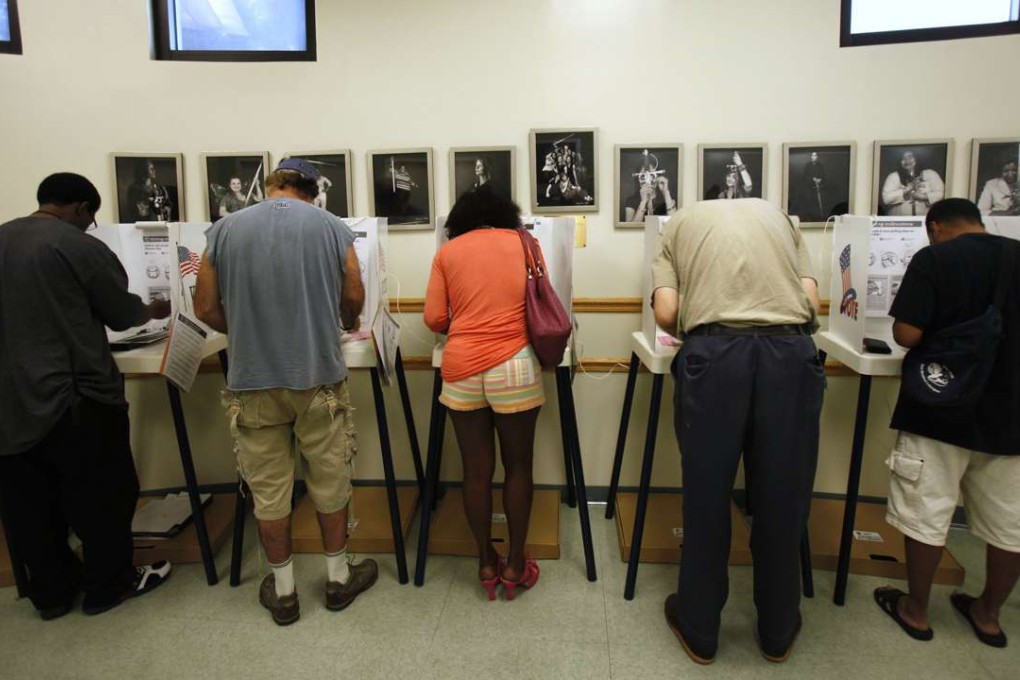Get out and vote, America, and show the world that democracy works
Keane Shum says past electoral results have shown that every vote counts, and Americans in Hong Kong and mainland China must demonstrate the value of an informed citizenry for the presidential election

One freezing Friday night eight years ago, I rode a bus overnight to Columbia, South Carolina, caught a couple hours of sleep on the floor of the local YMCA gym, then drove around asking strangers to get out and vote in the South Carolina presidential primary. It was the most I could do to participate in that election, or in any American election. I am a sucker for so many slices of Americana, but, born in Australia and raised in Hong Kong, I am not actually American myself.
So to all of you who are citizens of the United States of America – the 60,000 in Hong Kong and over 70,000 more on the mainland – if I can knock on doors in South Carolina when it was 2 degrees Celsius outside, to help kindle your democracy, you can register to vote.

There’s no writing off Donald Trump in polarised white America
My American friends in Hong Kong, mostly from California or New York, say their votes wouldn’t matter. A single vote in a non-swing state? Inconsequential, they say – wasted time and effort.
My friends are wrong. There are more Americans in Hong Kong and mainland China than in Columbia, the capital and largest city of South Carolina. Your votes, even in non-swing states, can be of huge consequence.
Your individual vote matters. A single vote determined the winner in state legislature elections in Montana in 2004 and Alaska in 2008. The result in Montana gave Democrats control of one entire house of the state legislature, as did a 2014 election in Virginia decided by 11 votes. The race for the governor of Washington state in 2004 was won by 133 votes, out of 2.8 million cast. Then there was, of course, the 2000 presidential election: 537 votes in Florida, out of 6 million cast in the state and 101 million nationwide, tipped the Electoral College balance and made George W. Bush the 43rd president of the United States.
